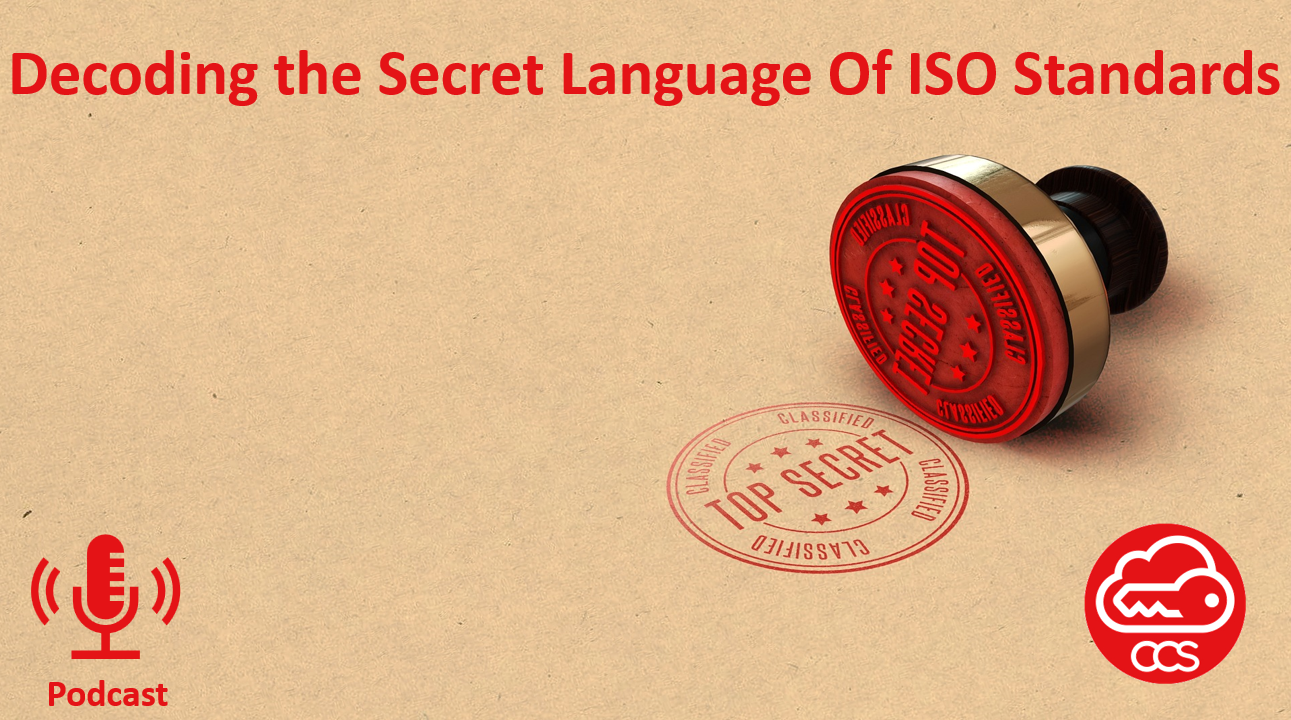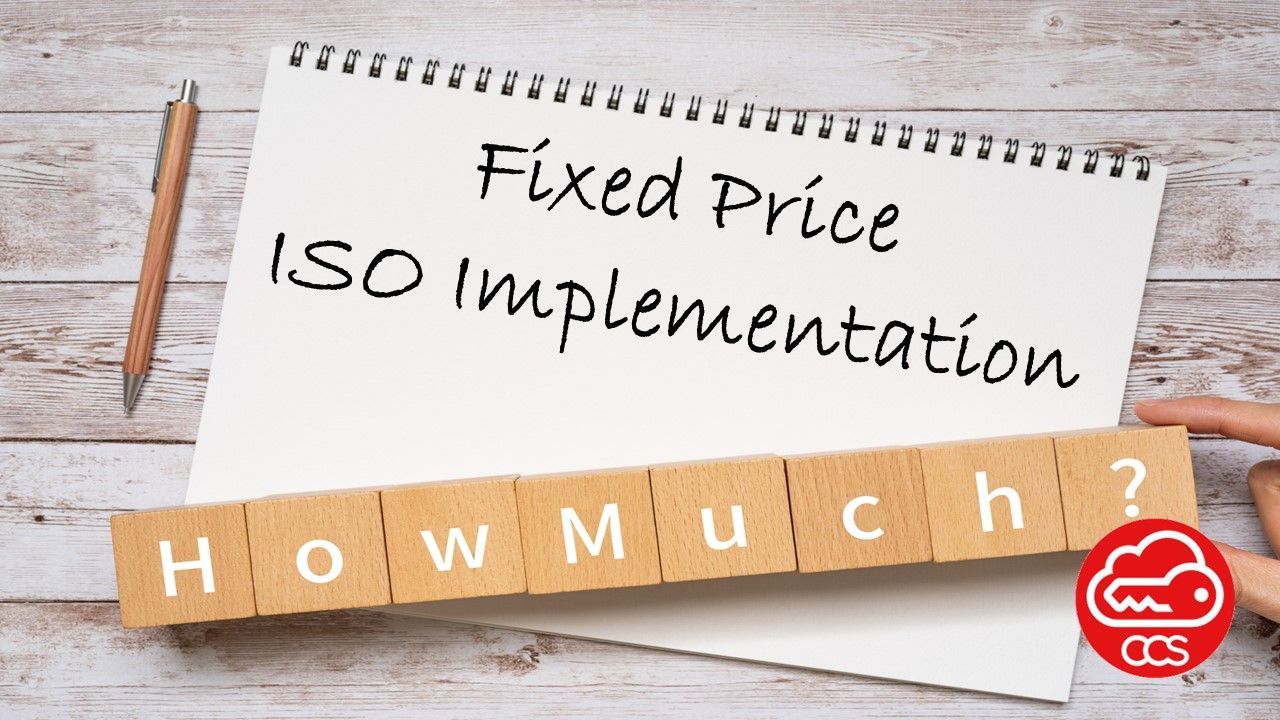ISO Unravelled: Decoding the Secret Language of ISO Standards
In a world where quality, safety, environmental responsibility, and information security are paramount concerns for organizations, the International Organization for Standardization (ISO) standards play a pivotal role. They act as beacons of best practices, guiding businesses and institutions toward excellence. However, to many, the world of ISO standards can seem like an impenetrable labyrinth, a secret language spoken only by experts.
In this article, we will embark on a journey to unravel the mysteries of ISO standards, decoding this secret language and shedding light on their significance.
The World of ISO Standards
ISO is an independent, non-governmental international organization that develops and publishes standards to ensure the quality, safety, efficiency, and consistency of products, services, and systems across various industries and sectors. ISO standards cover a vast array of areas, from quality management to environmental responsibility, occupational health and safety, and information security. These standards serve as valuable tools for organizations to improve their processes, enhance customer satisfaction, and demonstrate their commitment to excellence.
Think of them as a formula that describes the best way of doing something!
Deciphering the Acronyms: ISO 9001, ISO 14001, ISO 45001, ISO 27001
ISO standards are often identified by a series of numbers and acronyms. Let's decode a few of the most prominent ones:
- ISO 9001 - Quality Management:
- ISO 9001 sets the standard for quality management systems. Organizations that adhere to ISO 9001 are committed to delivering products and services that consistently meet customer requirements.
- ISO 14001 - Environmental Management:
- ISO 14001 focuses on environmental responsibility. Organizations that implement ISO 14001 take steps to minimize their environmental impact, conserve resources, and promote sustainability.
- ISO 45001 - Occupational Health and Safety:
- ISO 45001 is dedicated to workplace safety and health. It helps organizations protect their employees by identifying and mitigating risks and hazards in the workplace.
- ISO 27001 - Information Security Management:
- ISO 27001 addresses information security. Organizations that adopt this standard implement measures to protect sensitive information and data from security threats and breaches.
Why ISO Standards Matter
ISO standards matter for several reasons:
- Global Recognition:
- ISO standards are recognized and respected worldwide, making them a valuable asset for international trade and collaboration.
- Competitive Advantage:
- Organizations that adhere to ISO standards often gain a competitive edge by demonstrating their commitment to quality, safety, and environmental responsibility.
- Risk Mitigation:
- ISO standards provide a structured approach to risk management, helping organizations identify and address potential pitfalls.
- Continuous Improvement:
- ISO standards promote a culture of continual improvement, driving organizations to evolve and adapt to changing circumstances.
- Customer Trust:
- ISO certification often instils trust and confidence in customers and partners, leading to stronger relationships and business growth.
The Journey to Certification
Becoming ISO certified is not just about meeting a set of requirements; it's a journey toward excellence. It involves careful planning, implementation, and rigorous auditing to ensure compliance. Each ISO standard has its unique set of criteria, and organizations must tailor their approach to meet these criteria while aligning with their specific goals and objectives.
ISO standards are not a secret language; they are the keys to unlocking excellence and ensuring that organizations meet the highest standards of quality, safety, and responsibility. By decoding the world of ISO standards, organizations can harness their power to achieve their goals, enhance their reputation, and contribute to a better and more sustainable world. The secret to success lies not in keeping the standards hidden but in embracing them and using them as the foundation for excellence.




